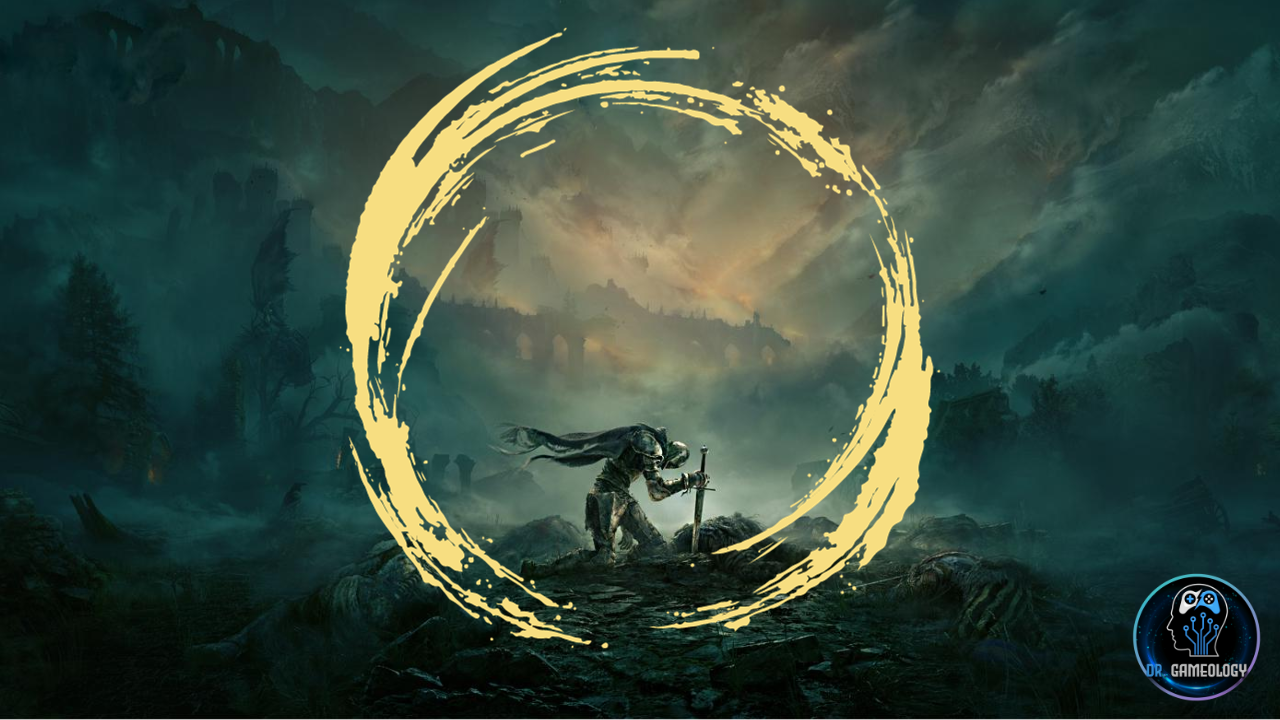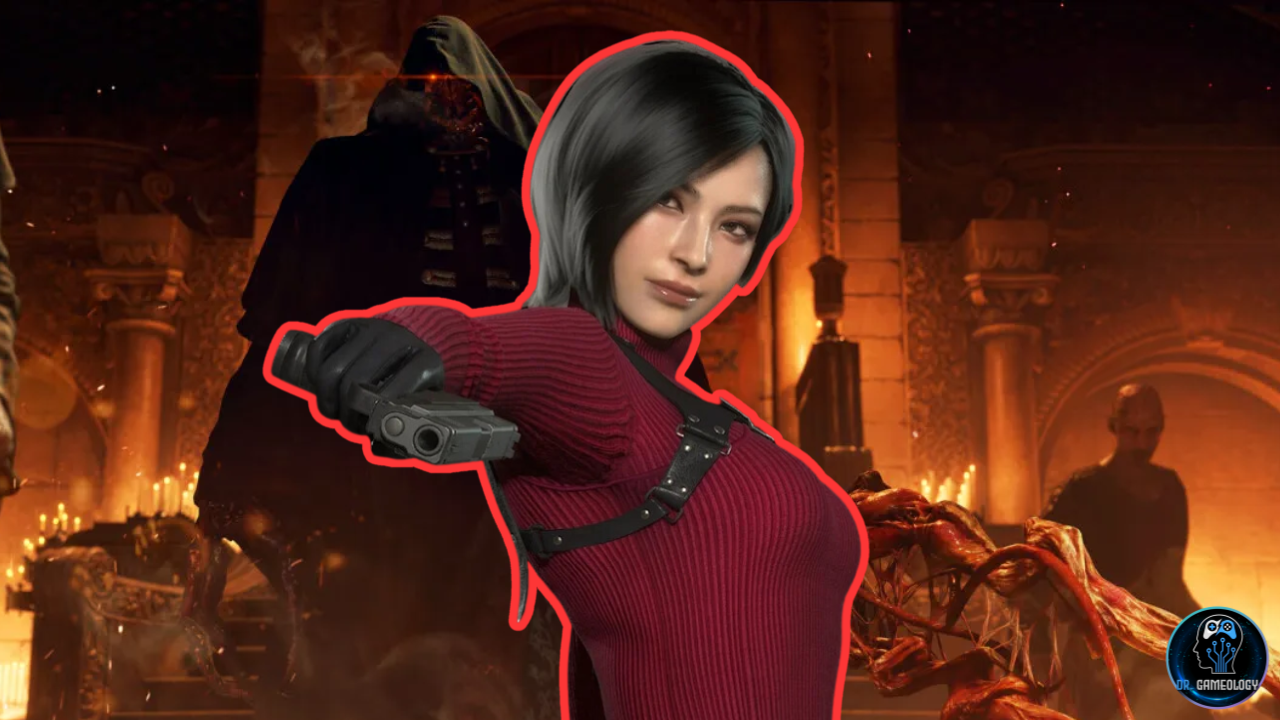Whether you’re a seasoned gamer yourself or just someone who likes to watch your friends online, you’ve probably noticed that gamers exist at all ages and skill levels. While games are definitely a form of entertainment, the psychology behind them is actually quite complex. In this blog post, we’ll take a look at the use of gamer personas to understand different player types and explore what motivates them to keep playing. So if you’re curious about why your friend spends hours on end glued to their screen, read on!
What are the Gamer Personas and why are they important to video game psychology?
There are a variety of gamer profiles each come with their own motivations for playing video games. A persona is defined as “an individual’s social façade or front that the role in life the individual is playing.” This concept originates from analytical psychology, the theory which comes from the works of Carl Gustav Jung. While the original purpose for the persona concept had nothing to do with video games, in recent years this focus been applied to gamers, player types, and has even spun out a JRPG game series called Persona which uses these psychological concepts prominently in their storytelling.
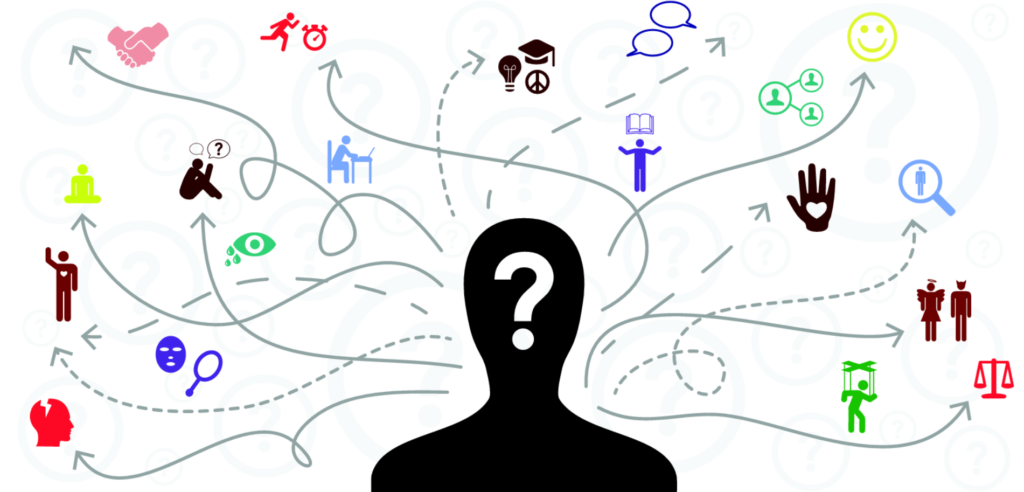
As the word reflects back to gamers, persona refers to the type of player someone is. For example, there are competitive gamers who aim to win at all costs, social gamers who look for the chat and interaction, and solo gamers who just want to immerse themselves in the game world without any outside infractions on their gaming session. These are the most basic player types we can list. If we want to fully access the psychology of video games, we will need to explore many more specific categories that explain exactly how people choose to enjoy their gaming sessions.
Can Gamer Personas Help Us Enjoy Games More?
The simple answer is yes! Gaming personas help us find the games and challenges that will have a positive effects on our lives. However, it is important to understand that video games are not all created equal. While some video games can have positive effects, such as reducing stress or increasing problem-solving skills, others can be addictive and lead to negative consequences if not played in moderation. When this occurs, it can be helpful for other people in the game player’s life to understand the psychology inside of video games as well. That way, the help a person receives can take the positive elements we get from gaming and work on drawing them out again in more physical world situations.
Very few people succeed at completely removing games from their lives. Instead, holistic understanding of the positive reinforcements we receive from our favorite games and play styles can help a person understand themselves better from that new first step. As a result, knowing our gaming persona can help any person who enjoys video games understand themselves better as they take their next step forward towards healthy and fulfilling gaming processes.
How Do We Enjoy Games Based On Our Player Types?
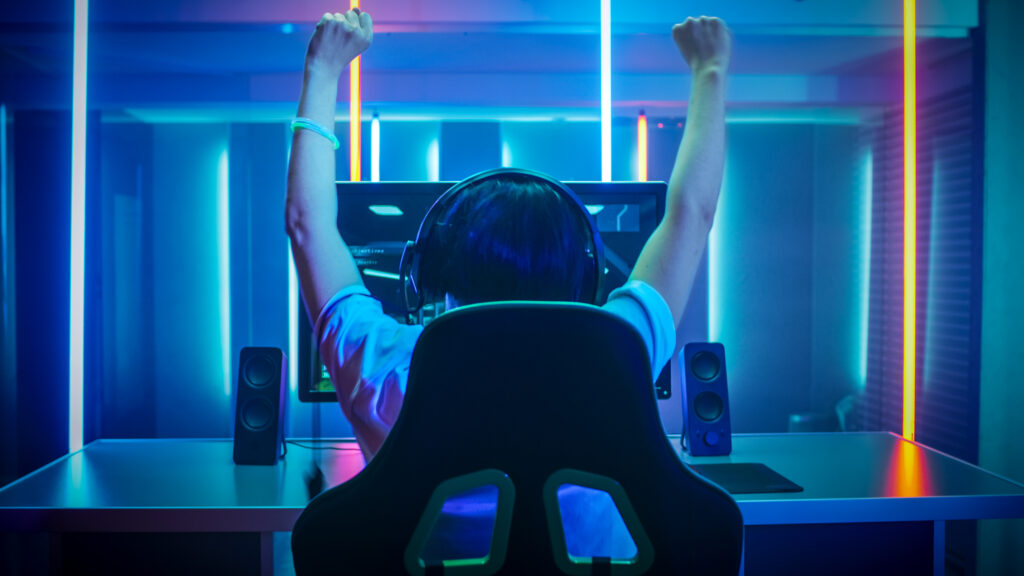
Video game players connect with in-game challenges in a variety of ways. For some, it may be the sense of accomplishment they feel when they finally beat a hard boss or level. For others, it might be the social interaction they have with other players online. Still, others might enjoy the sense of immersion they feel when they’re playing in a new virtual world.
For others, the real world aspects of the games we get hyped for can be the difference between extreme interest and passing by without engaging. This can include things like being able to identify with the characters, the story line, or feeling like we’re a part of something larger than ourselves. Games that lack these connection points can often feel dry and unfulfilling no matter how great their graphics or mechanics may be.
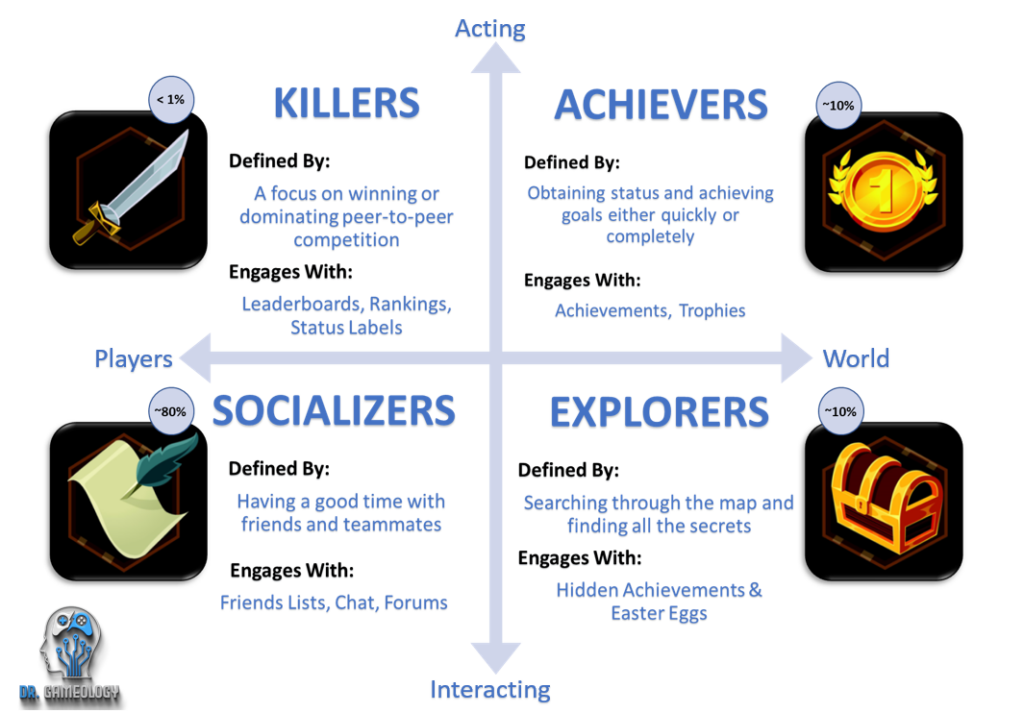
When it comes to gamer types, there are a few key ways we can break them down using gamer psychology. Richard Bartle conceptualized what has become known as Bartle’s taxonomy of player types which many people still refer to today to categorize the different styles. In general, most video game players will fit into one or more of the following categories:
– The Achiever: Every game that can be completed in some manner appeals to Achievers by providing them with something to accomplish. Achievers are attracted to games with a 100 percent completion rating. Online games to the Achiever opens up the opportunity to blend personal bests with their desire for in-game achievements and hold elite status to others.
– The Socializer: There are many gamers who enjoy the social aspect of gaming rather than the games themselves. Most games may have some form of social component in the current gaming landscape. These players enjoy playing with those they have built some form of connection with more so than other gamer types. This could be a team based connection, forming raid teams to tackle multiplayer challenges, or playing the game with real life friends sort of like an online hangout.
– The Explorer: These players enjoy discovering the game map, and aim to immerse themselves in the virtual world. The primary aim of an Explorer is to explore, not to battle or gain levels or points. They will often become bored with any particular role playing game once they have experienced its content. If this happens, the explorer type will tire quicker than other gamer types. They might feel the game world has lost its appeal and become a chore to continue playing.
– The Killer: This type of gamer plays games to compete with other players, and prefer fighting real opponents as opposed to scripted computer-controlled opponents. The Killer finds it exciting to terrorize computer-controlled individuals and things, but nothing compares to the thrill of competing against an actual player-controlled opponent.
In order to maximize the positive effects of video games, it’s important to focus on how different player types form their gaming habits. This is where game design comes in. By understanding the different motivations behind why player type enjoys playing video games, developers are able to design better games that engage players more directly and provide a more enjoyable experience for all.
How Does Each Person Play Differently?
It is also important to remember that not everyone experiences video games in the same way. For some, video games are a way to relax and unwind after a long day. For others, video games are a way to socialize and connect with friends. And for others still, video games are a way to compete and prove their skills.
Different people use video games for different reasons. And that’s okay! It’s what makes the video game industry so great. Game developers are able to create such a wide variety of video games that there is sure to be something for everyone.
So, whether you’re an Achiever, Socializer, Explorer, or Killer, remember that there are numerous compatible game genres out there for you. Some of the most popular game genres include :
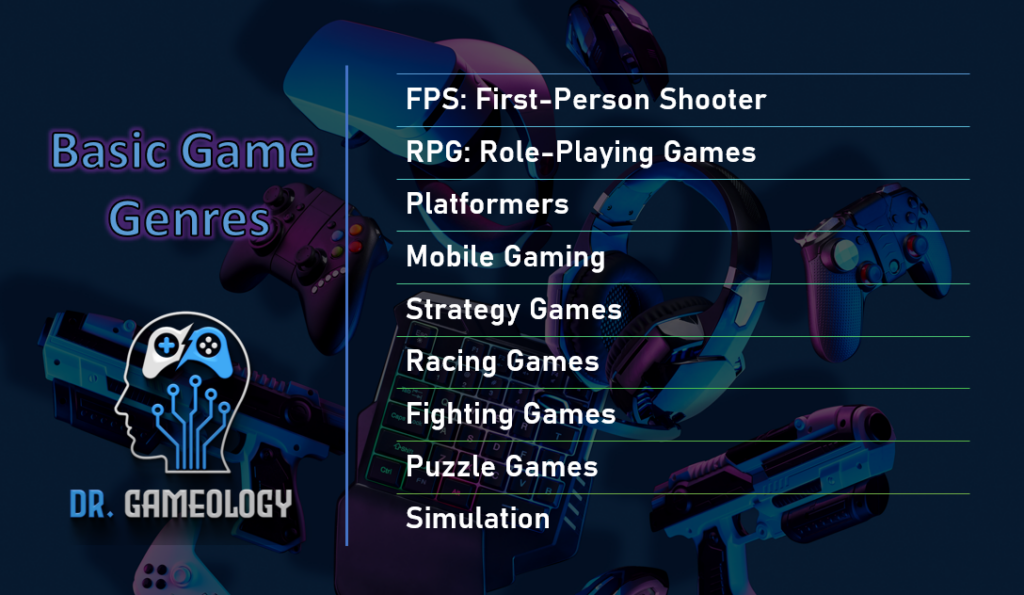
Psychological Views on Game Categories
Game genres are segmented along a few continuums in terms of the cognitive skills the game mechanics activate in the player. The x axis of the chart by Granic and colleagues focuses on games on a range from social to non-social, while the y axis focuses on games designed for casual gamer types to the more hardcore styles. Certain games have complex playing mechanics while others may appeal to more casual game players. Another way to view them is to consider social connections in video games. Some players enjoy multiplayer aspects which require teams and coordinated strategy, while others may have higher levels of single player appeal. The skill level of the gamer will activate in different ways depending on what is being played. A first person shooter will require quick reactions and finger dexterity, while a puzzle game may require more mental focus and creative problem solving.
No matter what your gamer persona is, there’s a video game out there for you. With the help of video game psychology, game developers are able to create video games that cater to your specific mentality.
The most important thing to understand is that video games are designed to be fun. They are purposely made to keep us engaged for long periods of time. While this may seem like a bad thing, it’s actually not. Video games can have many positive effects on our lives including reducing stress, increasing problem-solving skills, and providing a sense of social connection. Some of the most valuable benefits from gaming come from the opportunity to build social relationships, either through teamwork or competition with the people we interact with.
Video gaming provides a sense of social connection that is often missing in the real world. It allows us to interact with people from all over the globe, share common interests, and make new friends. While some may worry that connections made online only amount to being parasocial relationships, other people report that online gaming has led to convenient ways to continue and enhance friendships with people when geographic barriers could have ended those connections.
Nick Yee, a game researcher and analytics lead at Quantic Foundry, created a component based system for gamer motivation using a large sample of World of Warcraft players. Unlike the category based system from Bartle’s Taxonomy, this model allows players to have unique levels of connection with the full range of motivations for playing online games rather than being locked into one type of playing their game world.
These motivations break down into the overarching categories; Achievement, Social, and Immersion.
Achievement motivation breaks down into the areas of Advancement, Competition, and Mechanics.
Social motivation breaks down into Socializing, Teamwork, and Relationships.
Immersion consists of Discovery, Role-Playing, Customization, and Escape.
Click Here for more on Gaming Motivations
The Newzoo System of Gaming Personas
Now that we know a little bit more about gamer psychology, lets review a recent report coming from Newzoo concerning the segmentation of video game playing populations. Newzoo is a games market data website that compiles data on a daily basis to help everyone in the games industry understand trends and related insights to continue moving the industry forward.
Here are some of the most common gamers based on industry data:
The Ultimate Gamer: These players live and breathe games across all areas of the market: playing, owning, socializing, and viewing. These gamers enjoy it all when it comes to games.
The All-Around Enthusiast: This type is enthusiastic about all aspects about gaming, but takes a more casual generalist approach in their fandom for gaming than Ultimate Gamers.
The Community Gamer: These players thrive on community discussion and enjoy any activity that helps them feel like they are part of the community for their favorite games. This includes consuming game-related podcasts, posting in forums, staying current on news, and watching videos (as well as still finding the time to play!)
The Bargain Buyer: This player type enjoy playing Triple-A and high-quality games, but usually wait to join in the fun until games enter a free-to-play or discounted status. They only upgrade hardware when absolutely necessary.
The Hardware Enthusiast: This player type are always working to optimize the gaming experience. They follow game requirements closely, and also stay excited for hardware releases and specs for new technology components.
The Popcorn Gamer: This group of players enjoys the chance to watch others play games. They actually end up watching others more than they actually play games directly themselves.
The Time Filler: The players focus less on gameplay, but instead use games as a way to kill time or avoid boredom. They play mobile games, and focus only casually on using games to get from moment to moment.
The Backseat Viewer: Uses ways to watch game content as a way to continue their passion for video games during periods of time when they are not playing. Their idea of multiplayer is them watching others do the gaming.
The Lapsed Gamer: This group has moved on to other things. They used to love video games, but priorities in life has left this passion dormant for the time being.
What are the different player types and what motivates them to play games?
There are many different categorizations for player types. Mental health professionals may be more likely to use personality concepts such as the Big Five factors to begin understanding players and their gaming personas. Others may use tools which apply to career and vocational prospects to understand the elements of motivation that factor into our choice of in-game activities. Regardless, game players choose activities that fulfill certain needs at specific times.
For more information on psychological flow and games, CLICK HERE
When we sit down to play a videogame, the challenges we undertake have an effect on us. Hopping over bottomless pits or slaying a fiery dragon isn’t just about the satisfaction of winning, it’s also providing our brain with a hit of dopamine.
This is the same neurotransmitter that helps to regulate our mood, sleep, and memory, and which is released when we eat chocolate or have sex. Other reward mechanisms can become activated during our gameplay experiences as well. Worry can get the best of us, especially if some of the things we feel powerless over In Real Life (IRL) are impacting the way our days feel. Video games can be a welcome distraction from that powerless feeling. If we use them this way too often, this is not ideal. Once in a while though, video games can help us have a space to jump in and make an impact doing something fun.
Apathy and boredom are also two words we want to run from in our mental health journey. With the help of video games, we can sometimes trick our brains into getting excited about things again. When we’re in a state of apathy or boredom, it feels like there’s this big black hole that we can’t get out of. It seems like no matter what we do, we just can’t move forward in a way that matters. Using the flow chart, increasing the challenge will jumpstart the need to develop new levels of skill. Just like that, we are moving towards other feelings like control, arousal, relaxation, and best of all . . . FLOW!!
Winning in our challenges can give us that sense of mastery we are looking for, and video games provide an excellent opportunity to get it. When we feel like life is getting the best of us, video games can be one way to fight back and come out on top.
How can video game psychology be used to improve player satisfaction and engagement with video games?
Game designers are fully aware of how their challenges can be experienced by the gamers they are hoping to reach in their targeted audiences. There are actually many ways they can utilize video game psychology to adjust the game’s content and flow to create an optimal experience of game mechanics for each player type.
This is video game design 101 and it starts with behavioral design!
By starting with the Bartle Test, game designers can take aspects of personality to understand what is known as player temperament.
Some of the basic ways a game can be adjusted to aid gameplay in delivering the experience of fun:
– Innovative use of story blended in with gameplay in meaningful ways
– Modifying in-game content to match the needs of their target audience
– Adjusting the difficulty level of challenges to maintain player interest
– Adding new challenges and achievements to keep players coming back for more
– Creating a sense of community as a key element of the game
– Including easter eggs that connect the gamer to the world in exciting ways
– Rewarding player knowledge in ways that increase the sensations of fun
– Consistent rewards for successful use of gamer psychology
There are all sorts of ways to get started. You might want to begin by considering what type of gamer you are and what motivates you when playing video games. Once you have a good handle on what parts of a game appeal to you, then you can take a look at what elements of your personality thrive in your video game space.
Types of Personality
By looking at the DGD1, it is clear that games are created with personality types for players in mind. There are many different ways to encode an understanding of personality as well. The Myers-Briggs Type Indicator is a type based personality measure which explains 16 different personality designations. In fact, this measure was used in the first research study completed in the Dr. Gameology research protocol! Using over 500 players from Star Wars: The Old Republic, it was found that personality significantly alters the way players are motivated to choose their in-game activities (Kaufmann, 2016).
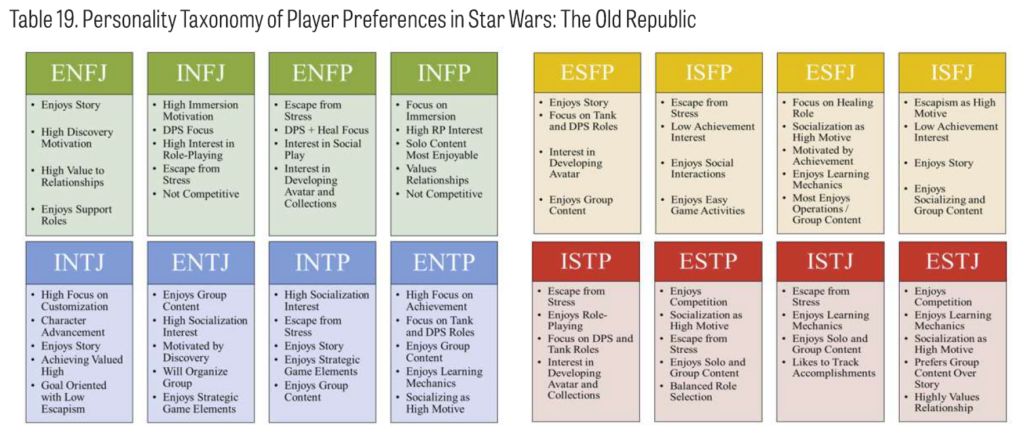
Click here for the full publication!
Another way games can view the personality of a player is by understanding the traits that create the expression of ourselves. The Big Five Factors of personality are one way of understanding this. These traits come together to form the acronym OCEAN for easy memorization. These are:
- Openness to Experience
- Conscientiousness
- Extraversion
- Adaptability
- Neuroticism
Several studies have reviewed how these combine to explain the personality makeup for game players as well. One example comes from the founder of Geek Therapeutics, Dr. Anthony Bean (2014), who explored how personas and player types are formed amongst World of Warcraft players. His dissertation research identified 4 player profiles and outlined their significance to understanding how we play this online game. These gamer types are described below:
Introversive: These personalities are focused on their inner psychological reality as a method of comprehending the world. When interacting directly with others, they can become overwhelmed and, as result, there energy for further engagement is depleted.
Extroversive: This type of player tends to enjoy spending most of their time in social environments, and their favorite game integrates these external interactions. They become bored when they are in slow-paced environments due to lower connection with other gamers.
Secure Ambiversive: Contains elements of both Introversive and Extroversive Profiles. They will engage in the social elements, but will also recharge on their own time away form others. Secure forms of persona showcase an enhanced ability to handle emotionally rigorous gaming experiences.
Insecure Ambiversive: Similar to the Secure Ambiversive type. The differences lie in the elevated Neuroticism scores. This indicates they players are more concerned with elements internal and external game elements such as performance, evaluations from others, and mistakes which could provoke aggressive behavior from others.
Check out the full conversation from The Gaming Persona Podcast!
How Do We Notice Our Type?
When it comes to video games, understanding the different personas is key to comprehending how we play video games. This is because video games are designed with different personalities in mind. By understanding the different gamer types, we can begin to see what elements of our personality thrive in video game spaces. If we notice the way we play games compared to other gamers, we will be able to think about how we feel after playing video games. Do we feel more energized or drained? Do we enjoy playing video games with others or do we prefer to play alone? If we are the type of person who enjoys playing video games with others, then we are likely an extrovert.
If we play in a way that allows games to relieve stress, this can become a great coping ability known as escapism. This is strikingly different than escapism involved in certain mental disorders where life functioning is involved. This escapism is more about getting ready for the next challenge with renewed energy, using video games as a strength. This can come from games featuring high single player appeal, or we can also get this from social play and positive interactions with others.
If we enjoy playing video games that make us think strategically, this taps into our conscientious trait as a player. If we regularly get angry or feeling anxious while playing video games, we might have some underlying insecurity about our gaming abilities. We can sort that out in many ways as well.

Different types of players will play the same game in many different ways. The persona is simply the mask we wear as we decide the best ways to connect with the games we love and friends, fans, and the many different types of people who feel equally positive about these game communities. When we connect successfully with other players, we open up the possibilities of scoring points in our games in new ways. They can become a bridge from a leisure activity into something that truly builds us up.
This knowledge will certainly continue to build as more fans of games enter into the ranks of researchers for the industry. From casual, to competition based efforts, multiplayer to single player appeal, the advantage of seeing our play as a strength helps us understand our player type as we level up our mental health and continue moving forward with each new idea in life.
Final Points
When it comes to video games, understanding the different personas is key to comprehending how we play video games. By understanding the different gamer types, we can begin to see what elements of our personality thrive in video game spaces. If we notice the way we play games compared to other gamers, we will be able to think about how we feel afterwards/ Using systems like those coming from Richard Bartle or the DGD1, we can see how the tings we enjoy doing in games connects directly with who we are. Our persona stays with us to use whenever we need to. Whether we are gaming or doing other challenging things IRL, we can always turn on our ability to be the hero of our own story and find out what happens when we cross the challenge threshold, find our flow, and move towards the ultimate phases of life.
If our characters in game can do it, then so can we. I hope you enjoyed this overview of the personas in gaming. for more information like this, continue searching the site, or listen to the #GamingPersona podcast on your favorite listening app.
Thanks for reading, and as always… Continue the Journey

Important Links
- @DrGameology – Twitch
- Apple Podcasts – The Gaming Persona
- Spotify – The Gaming Persona
- Google – The Gaming Persona
- LinkedIn – Connect with Me
- Blogs – Dr. Gameology


